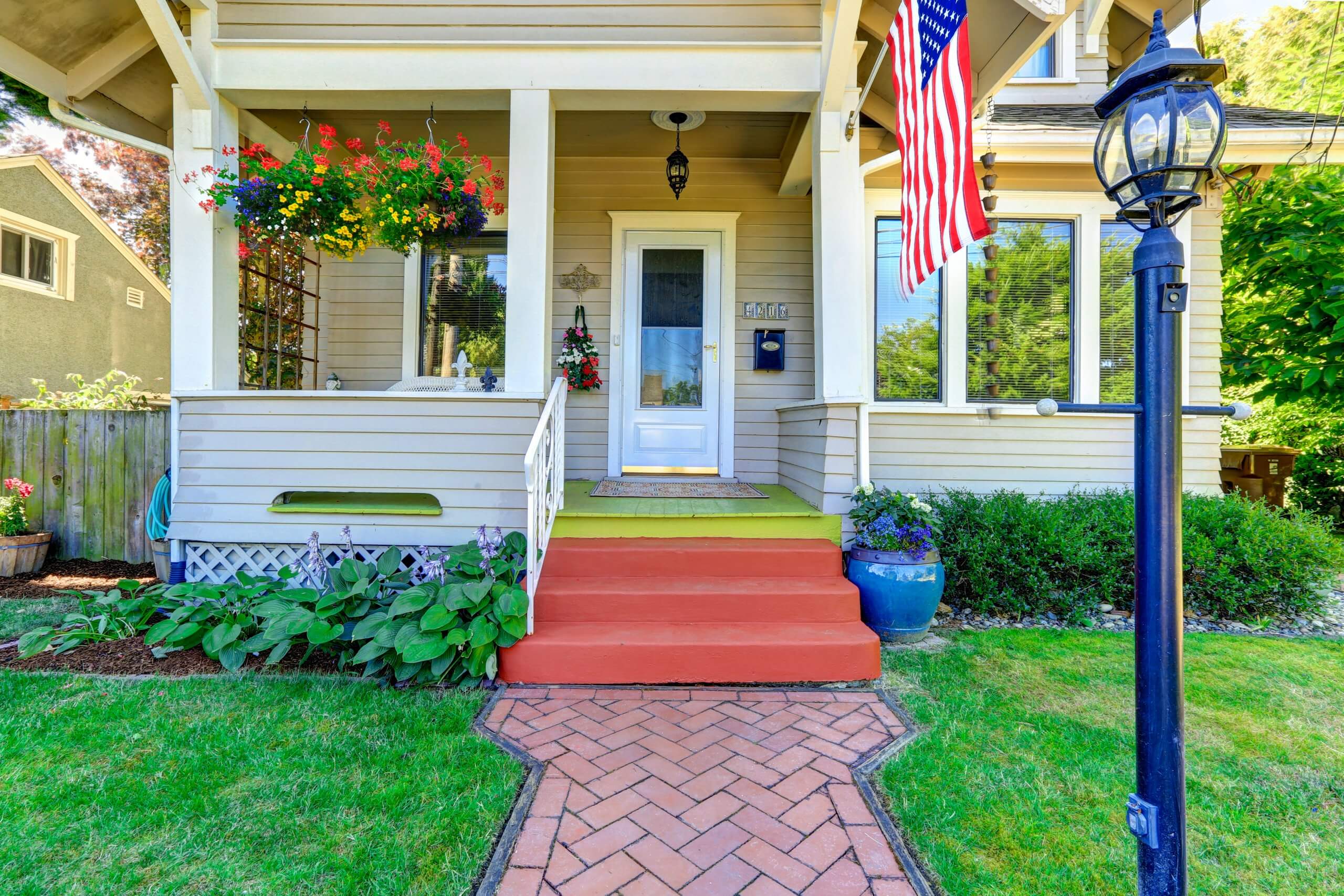When summertime rolls around, homeowners open windows and doors to catch that beautiful summer breeze. Unfortunately, this may not be the best way to ventilate your indoor space when temperatures are high. There is another ventilation option to avoid high indoor humidity, air pollutants and a daunting power bill! Here are the basics of summer season home ventilation.
Should You Air Out Your House in the Summer?
There are several reasons why summer season home ventilation is absolutely crucial. First and foremost, pollutants like ground-level ozone and particulate matter increase exponentially during summer’s sunny warm weather. Such pollutants are also hard to control. They’re dependent on larger factors like vehicles, power plants, industrial boilers and oil refineries releasing chemicals into the air. They also travel with the wind, impacting the health of those near and far.
Extremely humid climates allow mold, bacteria and dust mites to flourish while exacerbating allergies and asthma. Whereas, extremely dry climates allow viruses and bacteria to spread while exacerbating allergies, asthma and other respiratory illnesses. Depending on the local climate, an influx of very humid or very dry air can worsen indoor air quality. As a result, appropriate ventilation methods and humidity control steps are useful.
Proper ventilation will protect your home’s indoor air quality, allowing you and your family to avoid these health hazards. It also will provide a more comfortable summer season indoor environment.
How to Ventilate a House in the Summer
Tip # 1
Use Spot Ventilation: These are localized mechanical ventilation systems that are useful in response to daily actions. For example, turn on range hoods and exhaust fans when cooking or showering as these activities increase indoor humidity. Also, ceiling fans and portable fans help reduce heat in a particular room.
Tip # 2
Natural Ventilation … But Wisely: The classic summer breeze … but there’s a smarter way to do it. Opening windows and doors in the early hours of the morning or in the late hours of the evening will be more beneficial than any other time of day. There won’t be as many cars on the road and the sun will not be at its peak. Also check the outdoor AQI and keep things closed on poor air quality days.
Tip # 3
Upgrade to Mechanical Ventilation: Turn on the A/C unit and enjoy cool, refreshing air throughout the day. A mechanical ventilation system installs directly into the HVAC system making an efficient upgrade. Ensure that home air filters and air vents are clean so as not to circulate contaminants.
Tip # 4
Consider Humidity Control: Regardless of ventilation method, a dehumidifier will remove moisture from the air thus reducing humidity. And in desert climates, a humidifier retains moisture indoors.
Why Does Hot Weather Make Ventilation Difficult?
While spot ventilation and natural ventilation have their place, these methods are easily overpowered by extreme heat. Additionally, they can worsen your home’s indoor air quality because they lack filtration mechanisms. Spot ventilation circulates existing indoor air pollutants and natural ventilation welcomes outdoor air pollutants. Together, these ventilation methods are a potential nightmare during the summer.
The alternative is mechanical ventilation. A mechanical ventilation system is more effective than spot and natural ventilation because it brings in filtered fresh air and exhausts stale air while helping cool the entire home.
These tasks may be difficult for A/C units in extremely humid or dry climates or for the A/C system alone. When temperatures are high, your HVAC condenser unit must work tirelessly to provide a comfortable atmosphere. This may lead to system failure if your HVAC system is unbalanced, lacks a dehumidifier or has an unclean air filter. And, consistently running the A/C will dramatically increase your utility bill. All of these factors can make summer season ventilation difficult. However, the right mechanical ventilation system will succeed.
Mechanical Ventilation During Summer Months
Balanced whole-home mechanical ventilation systems are superior for summertime. They may be utilized day and night as they are unaffected by outdoor temperature and air quality. They provide fresh air for your entire residence, reaching the farthest corners of your home including the attic and basement.
Furthermore, they help prevent the spread of air pollutants. Particularly when equipped with a high-efficiency air filter that traps contaminants, whole-home mechanical ventilation systems dilute pollutant levels indoors. That includes viruses, bacterias, allergens, VOCs and other contaminants that cause illness.
And, they will potentially reduce cooling costs! When equipped with an energy recovery or heat recovery ventilator, extreme climates will particularly notice the cost-savings. For mild climates, the cost-efficiency might not be as noticeable, but the indoor air quality improvements are still worth it.
Whichever of the four tips (or hopefully a combination) you pursue, improving ventilation provides a healthier home for you and your family.



